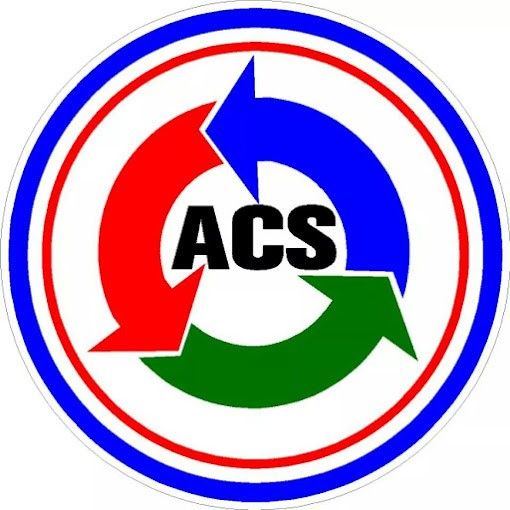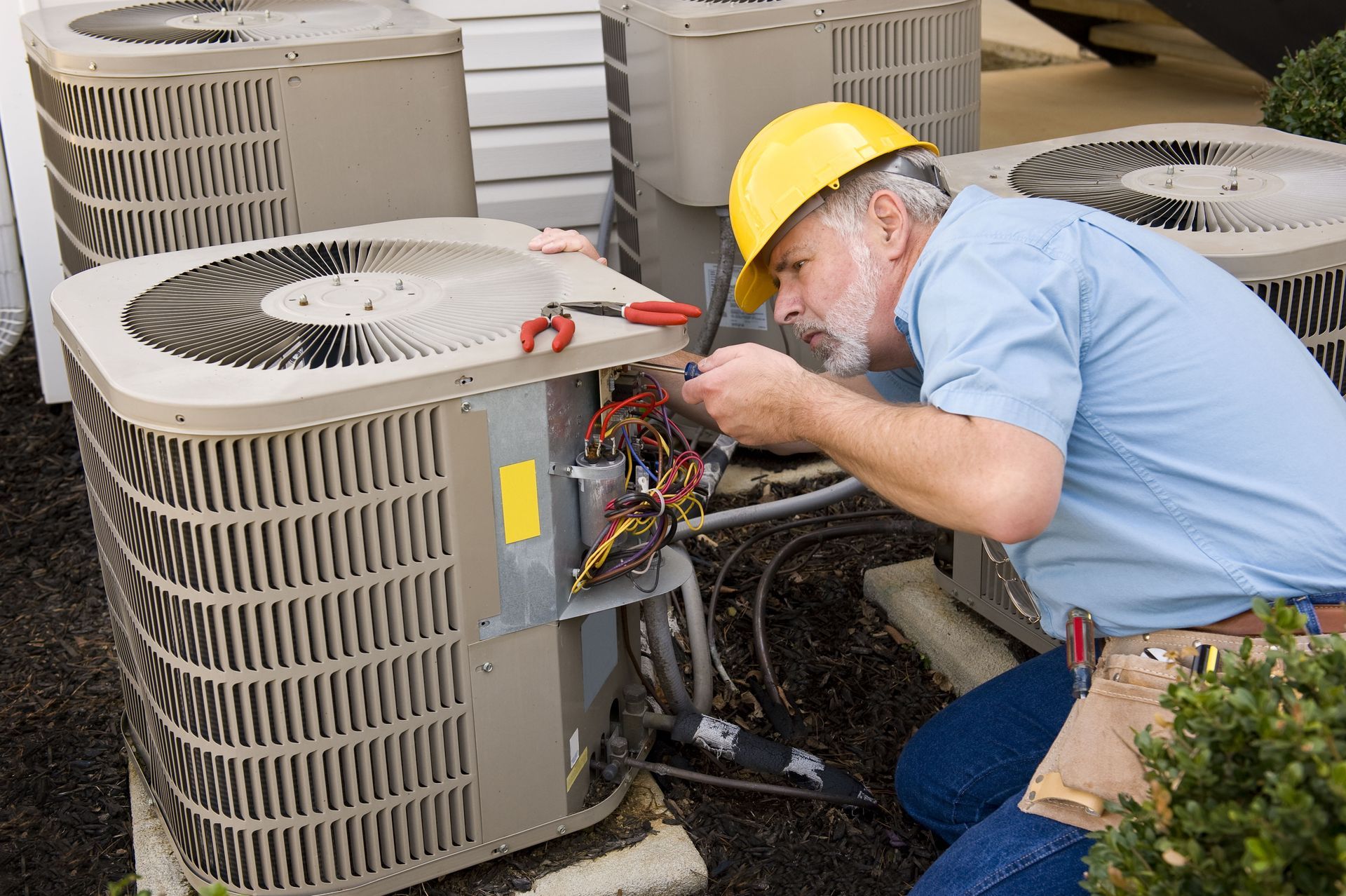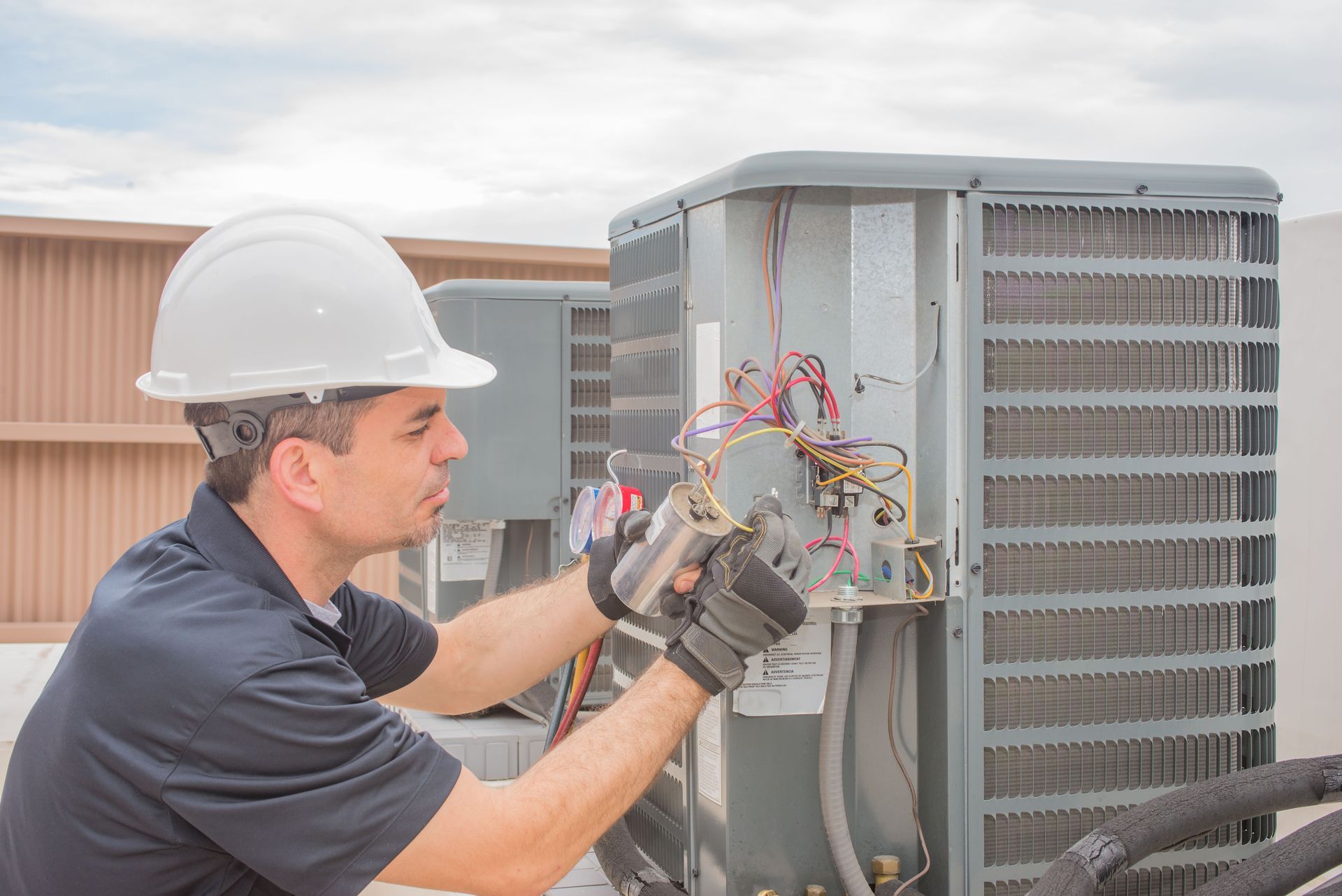October 22, 2025
Air conditioning has become an essential part of modern living, providing comfort during hot months and helping maintain indoor air quality year-round. Yet many homeowners overlook the importance of maintaining their systems, which can lead to decreased efficiency, higher energy bills, and even costly repairs. By taking proper care of your air conditioning unit, you can extend its life well beyond the average lifespan of most room air conditioners, which is around nine years according to the U.S. Department of Energy.
Maintaining an air conditioning system isn’t just about saving money—it’s about improving the quality of life in your home. A properly functioning system ensures consistent cooling, reduces humidity, and minimizes wear on key components. When you take proactive steps to care for your AC, you also protect your investment, ensuring that the system continues to operate efficiently for years. This article walks you through practical strategies and considerations to keep your air conditioning running at peak performance while extending its functional lifespan.
From regular maintenance to energy efficiency practices, understanding the needs of your system can help you avoid the frustration of unexpected breakdowns. By adopting a mindful approach, you’ll enjoy better comfort, improved indoor air quality, and fewer repair headaches. Let’s dive into the key ways to maintain, monitor, and optimize your air conditioning system so that it serves you reliably for many years to come.
Regular Maintenance and Inspection
Scheduling regular maintenance for your air conditioning system is one of the most effective ways to prolong its life. Biannual professional inspections allow technicians to catch small issues before they become major problems. During these visits, experts check refrigerant levels, evaluate electrical connections, clean key components, and ensure that the system operates efficiently. Skipping routine maintenance often leads to costly repairs and reduced cooling performance, which can shorten the lifespan of your unit.
Refrigerant levels are particularly important. Low levels can reduce cooling efficiency, force the compressor to work harder, and increase energy consumption. Professional technicians can ensure that refrigerant is properly charged, maintaining optimal performance. Additionally, inspecting electrical connections during routine maintenance prevents shorts or malfunctions that could damage the system. Proper calibration of thermostats and routine checks of condensate drains are also part of comprehensive maintenance practices that keep your air conditioning running smoothly.
With consistent attention to maintenance, you can prevent unexpected failures, improve energy efficiency, and reduce the long-term wear on your system. Professional oversight ensures these checks are done safely and correctly, protecting both your home and your AC unit.
Proper Usage and Settings
How you use your air conditioning system significantly affects its longevity. One common mistake is frequently turning the system on and off. This on-off cycling can strain the compressor and other mechanical parts, increasing the likelihood of premature failure. Allowing your unit to complete full cooling cycles reduces wear and prolongs its functional life.
Thermostat management also plays a key role. Setting a moderate temperature while you’re home and slightly higher when away minimizes unnecessary strain on the system. Smart thermostats can take this one step further, automatically adjusting settings based on your schedule and habits. Implementing zoning systems in your home can improve comfort while reducing the load on your air conditioning unit by cooling only the areas that need it. Even simple actions, like preventing direct sun exposure on outdoor units, can reduce workload and improve energy efficiency.
Thoughtful use of your system not only keeps it running longer but also enhances comfort and can lower utility bills. Small behavioral changes in how you operate your air conditioning can have a cumulative effect on system health.
Filter Maintenance
Clean filters are critical for the performance and lifespan of your air conditioning system. Dirty or clogged filters reduce airflow, forcing the system to work harder and consume more energy. Replacing filters on a regular schedule ensures that air moves freely, cooling is distributed efficiently, and indoor air quality remains high.
Choosing an appropriate filter is also important for maintaining system performance. Ensuring that the filter fits correctly and functions as intended helps the system operate efficiently and prevents unnecessary wear. Keeping track of when filters need to be replaced or cleaned can support consistent maintenance and overall system longevity.
Regular filter maintenance is one of the simplest yet most effective ways to protect your air conditioning system. Clean, properly installed filters reduce energy consumption, improve air quality, and extend the life of your unit.
Outdoor Unit Care
The outdoor component of your air conditioning system deserves just as much attention as the indoor elements. Debris like leaves, dirt, and branches can block airflow and cause the system to overheat. Keeping the area clear and trimming surrounding vegetation ensures adequate ventilation. Experts recommend maintaining a clearance of at least two feet around the unit for optimal performance.
Hosing down the fins and coils occasionally removes dust and buildup that could hinder heat exchange. Regular inspection for physical damage, rust, or loose parts allows you to catch minor issues before they escalate into serious problems. The cleaner and better maintained the outdoor unit, the less stress it places on the overall system, which translates into a longer operational life. Outdoor unit care is an often overlooked yet essential part of keeping your air conditioning system running efficiently. By dedicating time to this maintenance, you improve performance and prevent unnecessary wear.
Energy Efficiency Improvements
Improving the energy efficiency of your home directly supports your air conditioning system. Proper insulation keeps cooled air inside and hot air out, reducing workload. Sealing leaks in ductwork and vents ensures that conditioned air reaches its intended destinations rather than escaping into unoccupied spaces. Even small adjustments, like reducing heat gain from appliances or installing energy-efficient lighting, help lower the demand on your air conditioning unit.
Ventilation also affects efficiency. Proper airflow through vents and supplemental passive cooling measures can decrease the need for constant AC operation. Upgrading to an energy-efficient air conditioning model, when possible, provides longer-term benefits by combining improved cooling performance with reduced operational costs. Thoughtful attention to these factors keeps your system running more smoothly, extending its lifespan while saving energy.
Being Attentive to System Warnings
Your air conditioning unit communicates its needs through sounds, odors, and performance changes. Strange noises may indicate mechanical issues, while unusual smells could point to electrical problems or mold growth. Keeping an ear out for these signals and responding promptly can prevent minor issues from becoming major repairs.
Monitoring your energy bills for unexpected increases can also indicate inefficiencies, signaling that your system might need inspection. Taking swift action to address these warning signs ensures consistent performance, reduces energy waste, and helps avoid costly repairs. Being proactive is key to maximizing the life of your air conditioning unit and maintaining comfort in your home.
Extending the life of your air conditioning system is achievable through consistent maintenance, thoughtful usage, and attention to warning signs. From professional inspections and proper filter care to energy efficiency upgrades and outdoor unit management, each step contributes to keeping your AC running efficiently and reliably. According to the U.S. Department of Energy, room air conditioners typically last about nine years, but with diligent care, you can surpass this average and enjoy long-term savings and comfort. By remaining proactive and attentive, you ensure that your system operates smoothly while maintaining a comfortable living environment for your household.
Investing time in these practices enhances performance, reduces repair costs, and protects your original investment. Prioritizing air conditioning care is not only practical but also a way to preserve comfort and peace of mind in your home. For expert advice and professional assistance with maintaining or upgrading your air conditioning system, reach out to Air Choice Service.




